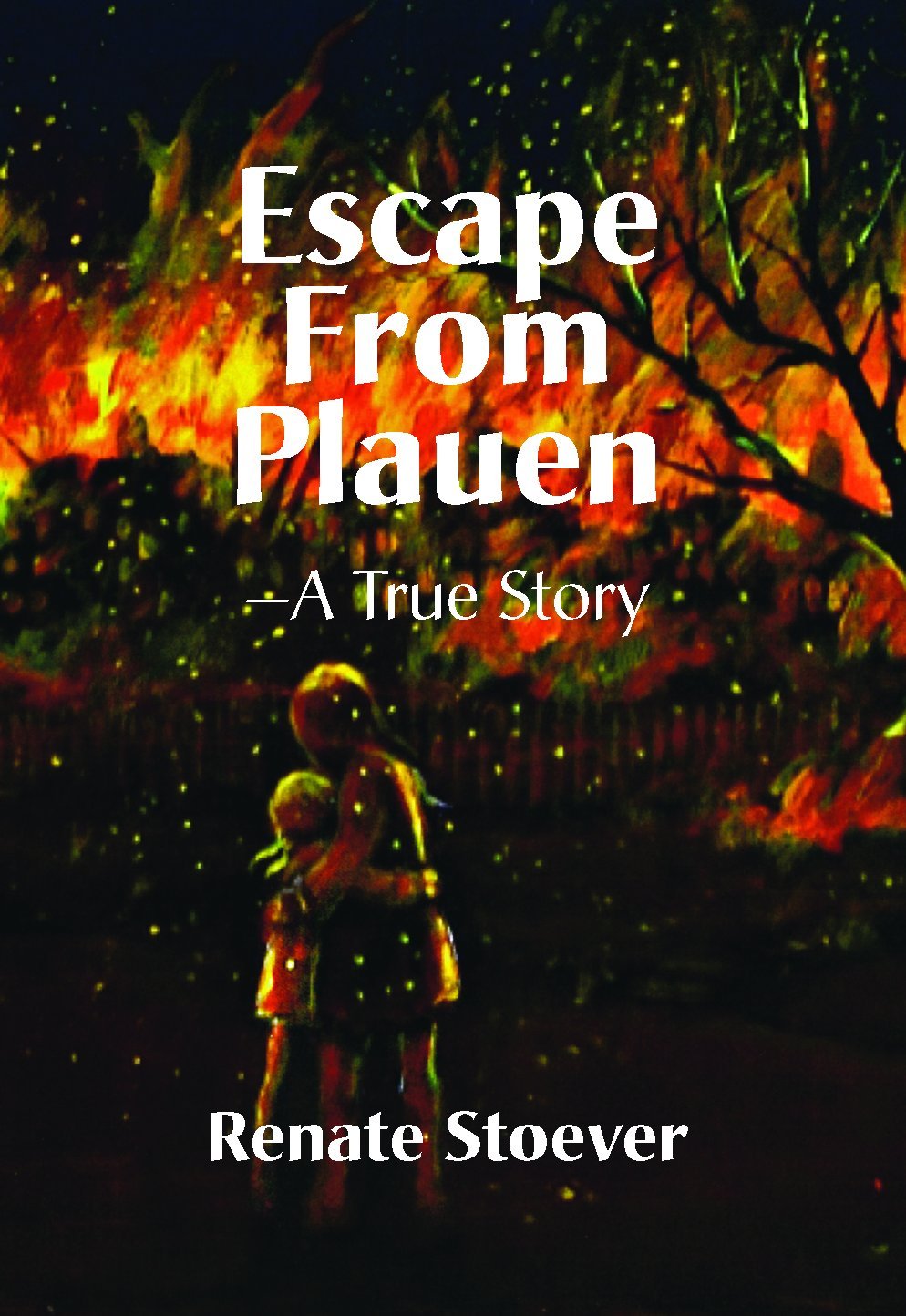In Summary: I’m back to the Old Testament. It’s just a brain shift that’s not been easy in recent weeks with all the travel and such. Soon enough, I’ll get back to the Proverbs Blog as well.
Deuteronomy is, as I’ve said, the second telling of the story of the Exodus and the Law of God. Some events are summarized, some glossed over, and a few are skipped. That’s not a fault in the story, as some things are worth going over a second time. Deuteronomy 2 gives us more of the basic travelogue from Egypt to the Promised Land. There are two major interactions with other nations here, and these are worth our focus time. The rest of the chapter gives a fairly simple “We went here, we went there,” type of approach.
Going from that, though, is the interaction first with the Edomites. Looking back at Genesis, the Edomites are the descendants of Esau, and they generally lived where the modern nation of Jordan is now. They also are the forerunners of the Idumeans, from whom Herod the Great comes in 1500 more years.
Esau, you might recall, was the brother of Jacob. Jacob, the one God renamed Israel, fathered twelve sons. He and his sons went down to Egypt during a famine some 430 years or so before Deuteronomy 2. The Edomites are family. Distant family, true, but family. Because of the relationship, God commands that Israel not conquer or plunder the Edomites. They are to pay for what they need, pass through on the road, and not cause trouble. Even though there is no strong relationship here, the Israelites are to give Mount Seir a wide berth.
There are similar instructions given for the descendants of Lot, though these peoples, the Moabites and the Ammonites, will eventually trouble the people. Further, it’s worth noting that the God does not commend unifying with any of these groups, even given the relationships of the past. Instead, the Israelites are to move on toward the Promised Land and leave these behind.
Edom, Ammon, and Moab all allow the peaceful passing of Israel. Perhaps due to the old relationships. Perhaps due to the monetary gain of the Israelites’ paying their own way.
In Focus: This contrasts with the interaction with Sihon (and Og in Deuteronomy 3). Sihon refuses to allow the peaceful passage of the people of God. He comes out for war.
And God empowers the people to defeat him, utterly. They destroy Sihon and Og, and then two and a half tribes settle their land.
The issue was this, though: these kings couldn’t stomach the idea of allowing God’s people to pass by peacefully. It was not enough to be left alone, Sihon and Og wanted to destroy and dominate.
In Practice: What hath this to do with today?
Here are some thoughts:
1. As far as it is possible, don’t pick fights with the people around you. It did not destroy the identity of Israel to simply pass by the other nations. Those nations could see how God had blessed Israel and even come to Israel’s God. Conflict was not necessary—only a demonstration of life in community in the presence of God.
2. Live life in community in the presence of God. This remains a valid action for the people of God: live life together in His presence. That may or may not be what the world thinks it’s looking for. But it truly is.
3. Do not shrink back if the Lord God puts you into battle. Whether that’s a battle in ballots or words, swords or tactics, stand forward into what God has called you to do. While Christians are not to conquer physically in the name of Christ (we’ve made that mistake, but generally understand that it’s bad), we are to hold the ground intellectually that we have. And it is valid to fight, physically, for the freedom that God has provided for all.
In practice, do not falter back from asserting the truth of God, even in the face of overwhelming odds. It is yours to stand, and God’s to strengthen.
In Nerdiness: Did you catch the back-references to the Anakim? These are the giants, the mighty men of old. The idea here is that Israel was not passing through weak lands.
Of course, we know that Anakim comes forward into modern culture. Anakin becomes the name for a force of evil in a galaxy far, far away—Anakin Skywalker, Darth Vader.
Pop culture leans on Scripture in many places, some of which are unexpected.


